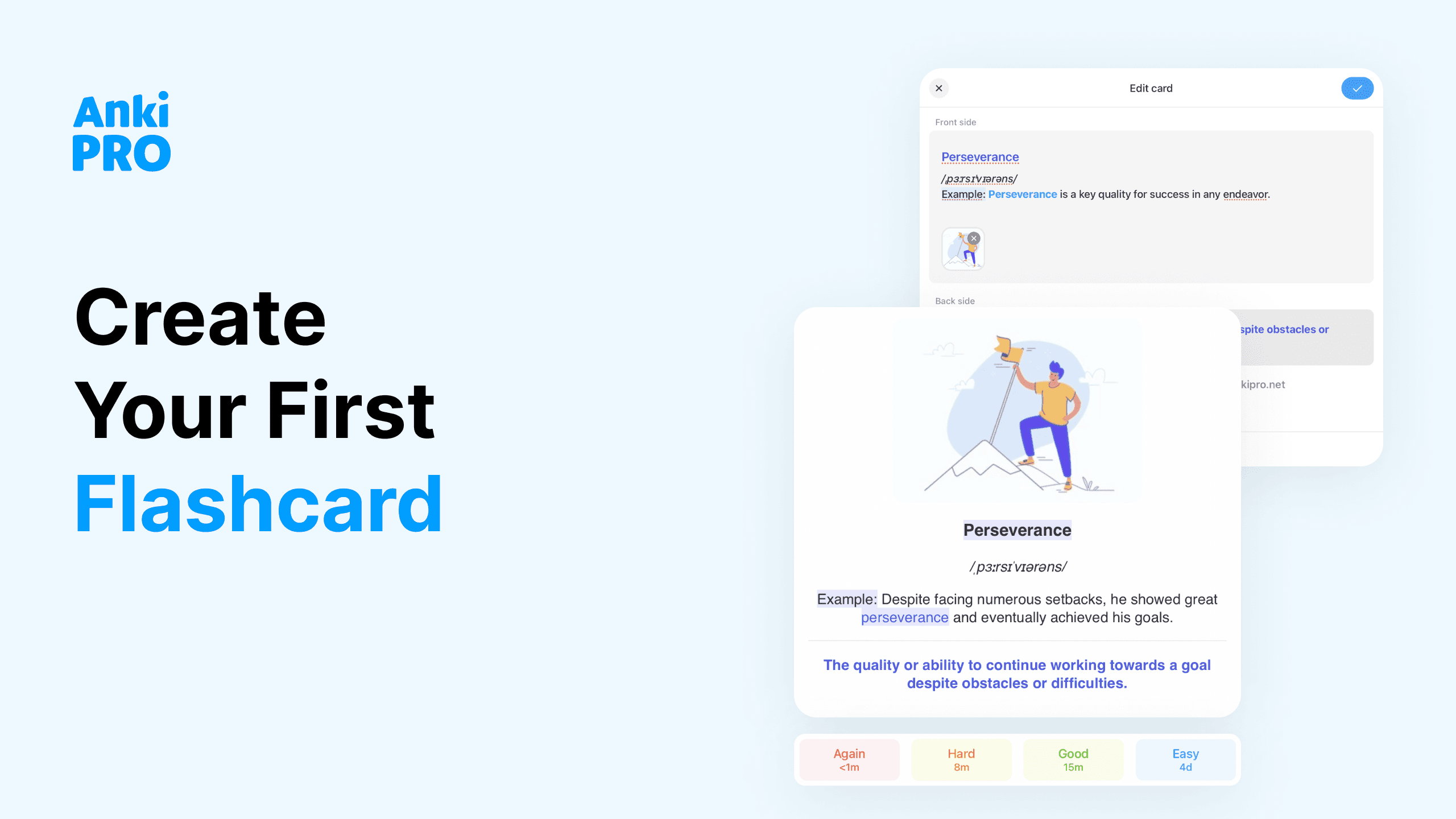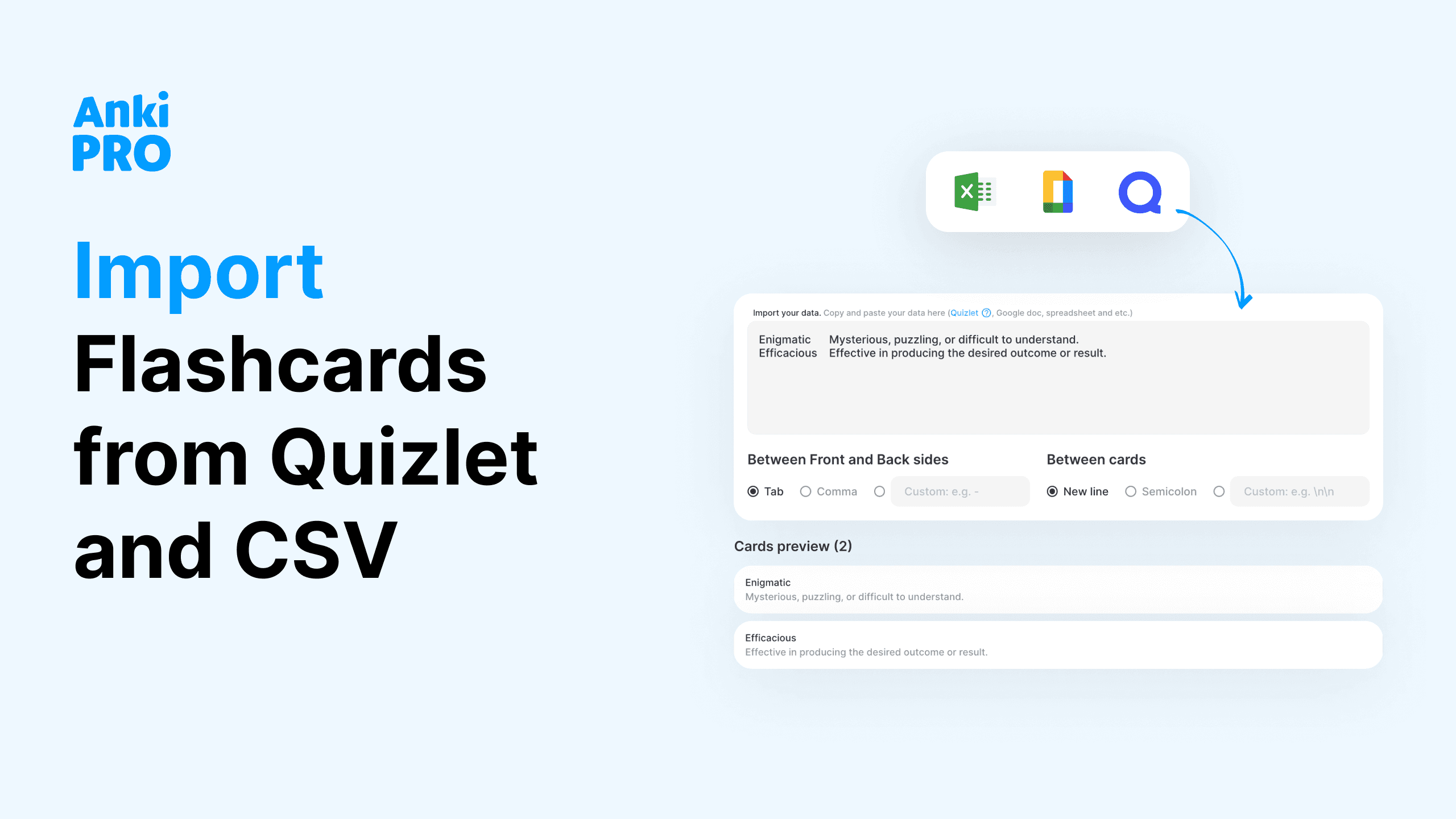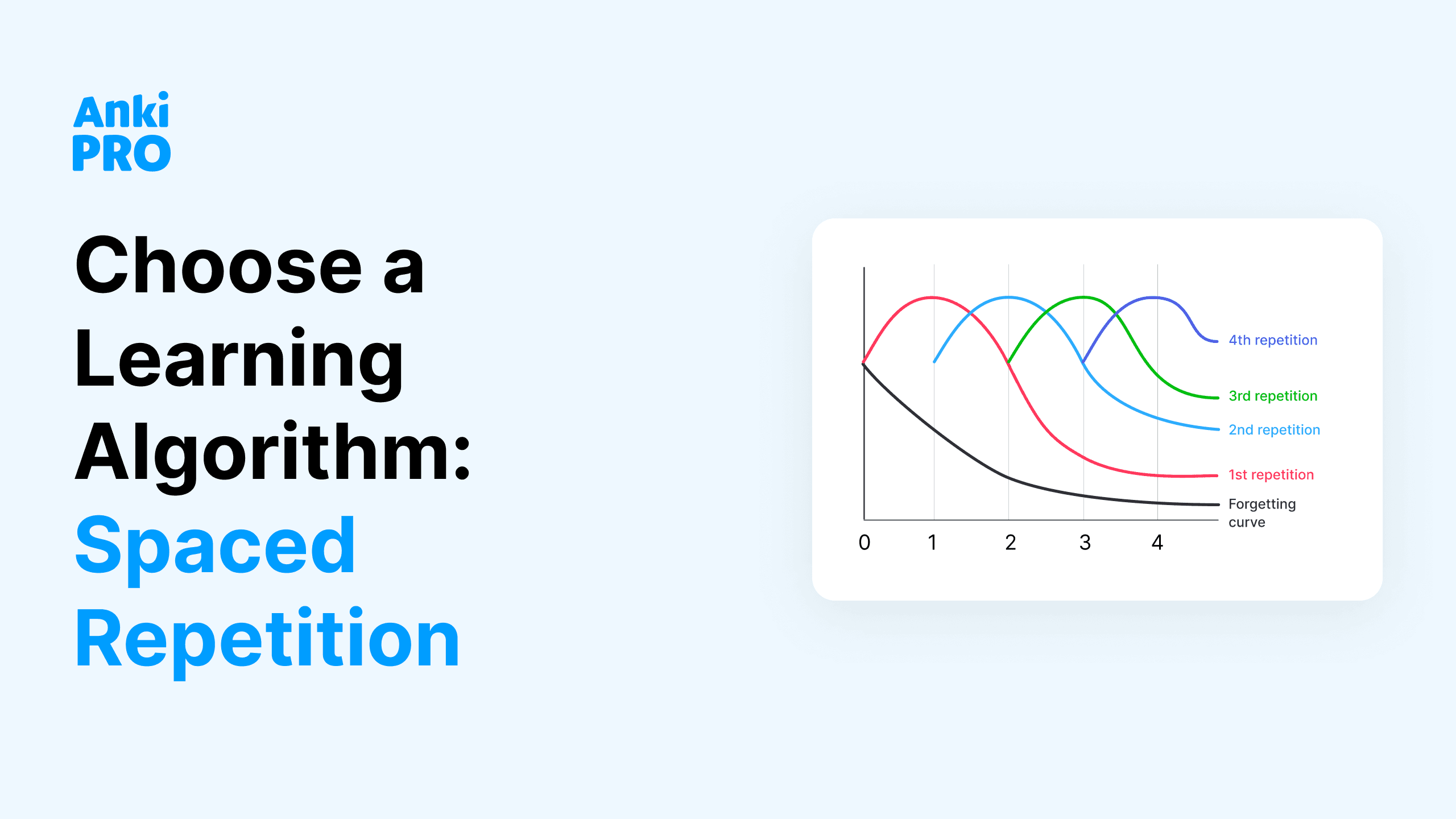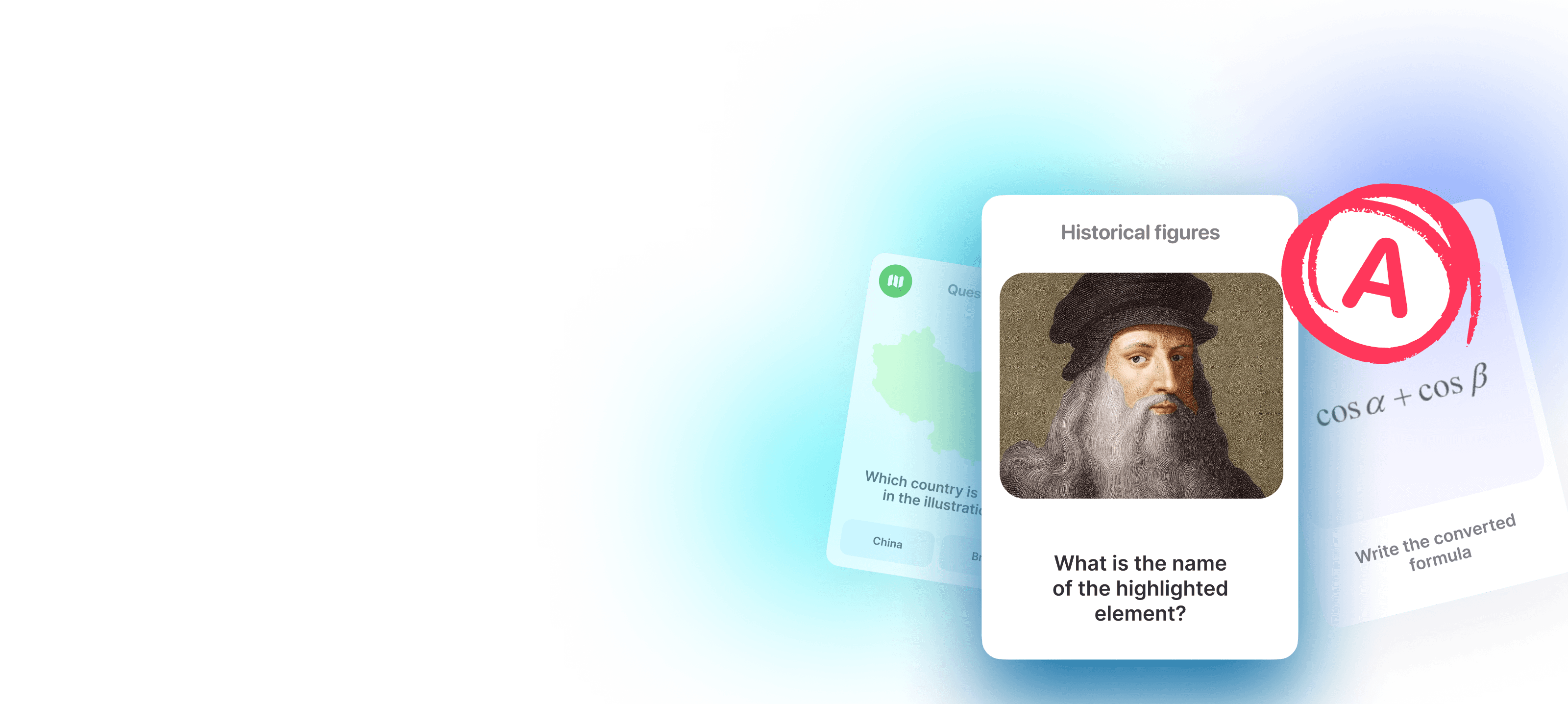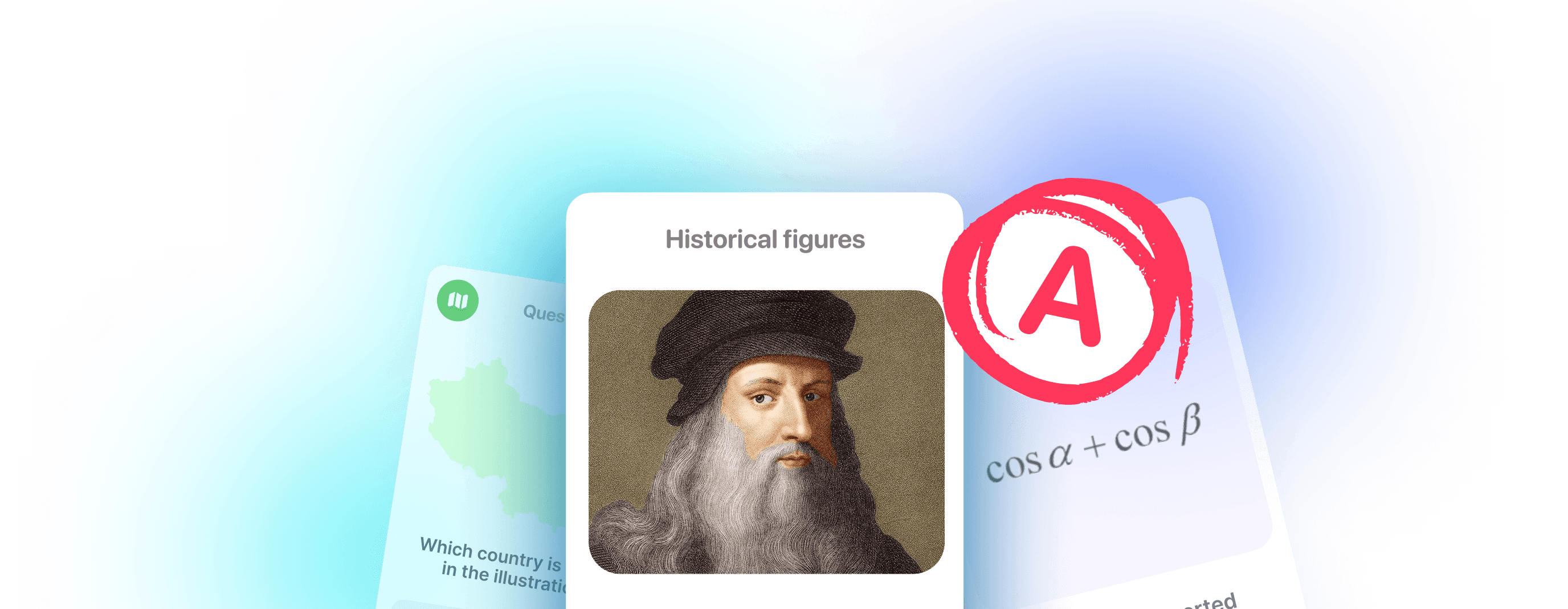There are plenty of books available at our fingertips, yet many of us fail to pick them up. The great news? Reading habits are something we can cultivate over time. Hi, I’m Jules and I fell in love with reading again. In this article, I’ll share strategies to read more books, highlight the importance of physical books in our digital age, and introduce helpful planning tools to enhance your reading experience, making it a joy to explore multiple books!

Do Audiobooks Count?
Here’s the truth: reading physical books increases your vocabulary and articulation in ways that listening to audiobooks does not.
If you find pleasure «reading» audiobooks, fantastic. I’m not here to convince you to stop listening to your favorite reads, but I do want to impress upon you information about reading physical books that came out from a recent study.
The habit to read more books slows our thinking down, as we process words we develop our vocabulary and mindfulness, and develop a deep empathy for the content of the books we’re reading, and the authors who write them. Studies show that reading physical books is great strength training for our eyes, vocabulary training for our brain, and helps us string together literate sentences in ways that passively digesting audiobooks does not.
While we can appreciate all the benefits of technology, I believe nothing can replace physical books. Those are just different genres.
How to Read More Books?
Let’s not waste time discussing the countless advantages of an analog reading routine. Instead, let’s focus on how to build one. So, how do we read more books?
#1: Adopt a Growth Mindset
The question I pose to you is: how do we bring this desire to read more into reality? Many of us know the value of reading. It’s a habit, but it’s also a mindset.
What’s the hang-up anyways? What’s stopping you? What may help is to reframe reading as a way to enrich your world, connect with others, and even save time. Some people might say they don’t have time to read, but the reality is that expanding your knowledge and perception of the world through books will enrich your life, broaden your understanding of everyday things, and even become a practice that will provide peace of mind and a grounding experience in today’s overly-bombarded digital world.
This idea that we can grow and improve through simple effort is a growth mindset I’ve adopted from rone of my favorite books by Stanford Professor Carol Dweck. In Growth Mindset, Professor Dweck outlines how our brains are not static pieces of putty that cannot be changed over time. We are the sculptors of this clay, and it’s up to us to decide how we want to form our brains. To extend the metaphor, I want you, dear reader, to consider yourself as a sculptor. You don’t have to be a master quite yet, but books are some of the most important tools in your box.

#2: Read More Books About Your Heroes
When I was younger, I was homeschooled, and one of the ways I discovered the world was through books. One of the first books that was gifted to me by my aunt was Jane Eyre by Charlotte Bronte. If you’re not familiar with the story, Jane essentially grows up in destitution as an orphan, and although the larger narrative leads down the path of a dark romance, all the adventures and opportunities she encounters later in life are due to her pursuit of knowledge through reading. I always admired this aspect of Jane, seeing myself in her, my desire to see the world, and this understanding that although I was just 13, one day the world as I saw it would expand beyond books and be brought into my reality.
#3: Manifest While Reading
As an adult, much of what I read in books has manifested in real life. The dreams and visualizations I had, while lying down on the couch, legs propped up, a book 3 inches away from my face have laid the foundations that I use to navigate the world today. As I write this, I’m traveling around Mexico City and I had the pleasure of stumbling upon a magical spot that is both cafe and bookstore. This is a superpower I want you to remember and think about for yourself as you cultivate a desire and skill to read more books.
#4: Create Focus
From fiction to nonfiction, graphic novels, and beyond, books take on a variety of genres, it may feel like the options are endless. Many millennials and Gen-Zs today complain admittedly about all these options leading to a sense of ADHD – and that’s why if you want to read more books, my first suggestion is to approach the task with some planning. Studies also suggest that incorporating reading before you go to sleep helps relax the mind and promotes deeper sleep, and I know many people who could benefit from more sleep.
#5: Develop a Plan
Planning to read more books is almost like mapping out an actual journey where every book is a destination for new experiences and knowledge. You might want to reflect on your interests and goals before taking on a new book. What are you passionate about? What are your personal goals? Is there anything that has fascinated you recently that you would like to dive into even further?
When it comes to your lifestyle, for example, if you don’t have a lot of time for a lengthy novel, like Anna Karenina, by Leo Tolstoy, start with something a little bit smaller, and more digestible. There’s no shame in using references. This is a smart and efficient way of beginning to read more books.

#6: Read More Than One Book
Surely, you could approach the goal to read more books just by picking up a book and seeing how it goes, but I encourage you to take out your journal and brainstorm with me for a moment. Grab a journal and make a list of multiple books you want to read in the next 6 months. If you’re not sure, try to start with your favorite genre and think of the best books within, let’s say, science fiction. As you read more books, it will be obvious for you which one to pick next.
When you make a list, pick 2-3 (not more) different books to start from. For example, one fiction, one non-fiction, and some graphic novel.
Don’t be afraid of having several books around. Reading multiple books at once can be helpful to get rid of excuses associated with not feeling like «this particular book». It’s also a way to cater to ADHD symptoms the right way and actually read more books.
#7: Embrace Spontaneity
Once you’ve tried planning, embrace taking yourself on a spontaneous reading adventure. While we can all go to Goodreads and read reviews of books, there’s something special about walking into a specific place meant for hosting books. Whether that’s your neighborhood library, a Barnes and Noble, or a gorgeous café bookstore in another country.
Picking your book in different places also makes you a more passionate reader. It can be so much fun to explore a city with a book in your pocket. You can experiment and plan your week with a goal to read in spontaneous places. Or simply take a book!
#8: Set SMART Goals
When it comes to the intention to read more books, make sure that your goals are SMART: specific, measurable, attainable, realistic, and timely. You can read more books about smart goals online and if you struggle to meet your goals, it’s a great idea to outline the word smart on a piece of paper, and physically write down your smart goals for reading. It’s also 100% okay to change your SMART goals. Adjust them as needed! Many times people (myself included) abandon their goals because they feel too hard, it’s okay to break your goals down into smaller chunks. Aim for progress and balance, not perfection.
#9: Create Intentions
If you’re clear about your intentions with reading, it’s also great to write these intentions down and be reminded of why you decided to read the books you’ve chosen.
Here are some examples:
- I intend to approach my reading with no expectations.
- I intend to let go and be surprised by my growth with each turn of the page.
- I intend to humbly focus and get lost within the pages of my book.

#10: Release expectations
Your reading practice is yours to make. Release expectations, start with where you’re at, and find topics that keep you excited. Read at your own pace. Allow any mood. Let your book lead you. Trust the author. Ask questions, and start to identify as being a thoughtful person who asks questions and seeks answers as you read more books.
#11: Don’t Skip the Table of Contents
When I was younger, I often skipped the table of contents before reading a book. However, if reading is like exercising, we want to get an idea of what we’re getting ourselves into before we begin. Perhaps start with a small meditation and mindfulness exercise, like deep breathing, and visualize yourself enjoying a calm afternoon with your book in hand. Next, take a look at the table of contents within your book. Many authors approach writing books by starting with the table of contents first. This helps them organize their thoughts in a way that may also help you as a reader.
#12: Learn to Skim
Are there any chapter headings? Perhaps you can jot down these sections and underline the ones that mostly interest you. When it comes to the structure of some books, it’s okay to skip around and read the sections that you find more interesting.
#13: Make It Social
Ask people around you about books that changed their perspective on life. When it comes to making your routine more social, you don’t have to do this pursuit alone. There are a variety of ways to make this more of a social activity, such as getting book recommendations from a friend, starting up a Club, joining challenges hosted by libraries or book influencers, and attending events by authors in your area. Authors often go on tour to attend book signings, and you have the opportunity to meet the people who write the words you like to read. Get socially involved to read more books!
#14: Create a Quiet Sanctuary
Ultimately, we want to create a quiet and conducive environment to read more books by eliminating as many distractions as possible. You might have a favorite chair or nook in your house where you like to read; I often read with silencing headphones in order to eliminate unnecessary sounds. Earplugs will also do the trick – when I was in college I had a pair of reusable earplugs I’d pop in whenever the noises around me would get too loud. As you get to know yourself, perhaps write your own routine to create the best experience customized for you.

#15: Find Contexts in Your Days
Of course, learning to get spontaneous about books is very important but planning is powerful, too. Do you want to read first thing in the morning while staying in bed? On your way to work/school? Or perhaps you want to read one book in the morning and another one before sleep? Reflect on the contexts that could work and try to stick to your decisions.
#16: Create Flashcards as You Read
I follow this methodology as I read books in different languages; for example, I’m currently reading about indigenous cultures in pre-colonial Mexico and there are a variety of words in Spanish I’m learning for the first time. I make sure all new words are translated and included into my cozy, themed decks.
Through flashcards and Anki Pro and its learning algorithms, I’m able to remember what I read and expand my vocabulary. Another case is my friend using Anki Pro while reading non-fiction books: she creates flashcards to memorize new terms or facts.
#17: Share Your Opinion
Once you find what makes you stick, make notes about the books you read, your reasons behind deciding to read this or that book, your aftertaste, etc. It can be an essay, a journal entry, a social media post, or a private message to your friend.
One of the most powerful insights I didn’t internalize until perhaps the third year of my undergraduate education at Stanford, is that we as humans are not merely vessels to absorb knowledge, we are also creators and writers with the ability to influence others through our written word. I find this to be a great privilege and one of the most gorgeous things about being alive; to not only absorb but to put out information in the world. Many authors before the 21st century were not able to fully own their whole identities due to race, gender, and age restrictions. Today, the world is continuing to evolve, and you can be a part of that process through writing about the things you read.
#18: Access Books Easier
Getting a library card sounds almost ridiculous, but think about it. Check out a physical copy of a book and visit your local library. If you have a Kindle or e-reader, many libraries have digital spaces where you can access books in a matter of seconds. Ask a librarian which books they recommend. Libraries are essential public services we sometimes don’t take advantage of. If money is out of the question, the public library certainly needs your support, and all the requests are your physical presence and acknowledgment of the efforts of librarians.
Otherwise, simply make visiting your local bookstore a habit. Some books are so great, you need a copy of your own. Purchasing books from your local bookstore supports another important community function. Books are an investment in you, an investment in a sacred intelligent art that has been passed down through the ages and if you can do so, purchasing books allows the careful curation of books and funds the jobs of those who so carefully tend bookstores.
#19: Know When to Quit and Disagree
Be honest with yourself. It’s okay to quit a book you don’t like but don’t let that stop you from reading more. If you’re reading a book that bores you to death, here’s your permission to put it down. Too many of us punish ourselves for not finishing a book just because we feel like “we should” be reading it. One of the best parts of reading m books is developing the ability to critique the author’s writing. You do not have to agree with everything you read, just like you do not have to agree with everyone you meet. Think of picking up and reading a book as an opportunity to dive into a relationship with both an author and a subject.
#20: Think About Creating Meanings & Preserving Culture
“You don’t have to burn books to destroy a culture. Just get people to stop reading them.” – Ray Bradbury
We are going through an incredible time of advancement as human beings, and I implore you to not lose the grounded nature of possibility by ignoring the written word. This is not a lecture, but a short guide on how to read more books that I hope will remind you of the interconnectedness of all that is written, read, created, and absorbed. My goals are not only to tell you why reading is important from an anecdotal and scientific perspective, but to also tap into some of the misconceptions that have been forced upon reading physical books in this modern world. Sharing information is a form of power that I want to share with you and one I hope you will carry within you as you live life. If you read something that changes your life, share it with a friend!
So go fall in love with reading, and read as many books as your heart desires (read more books!)





